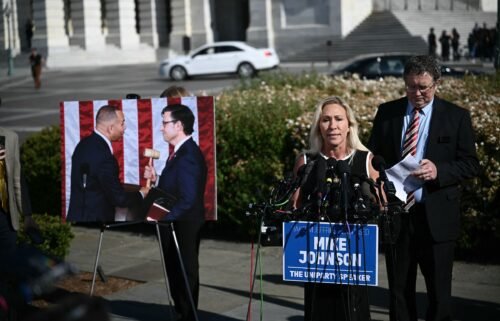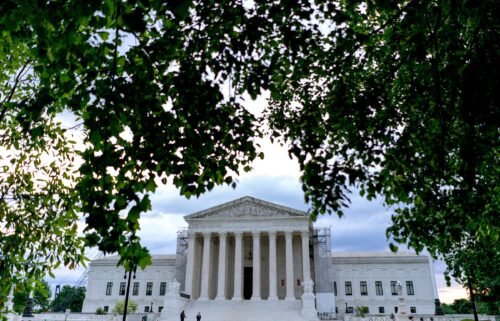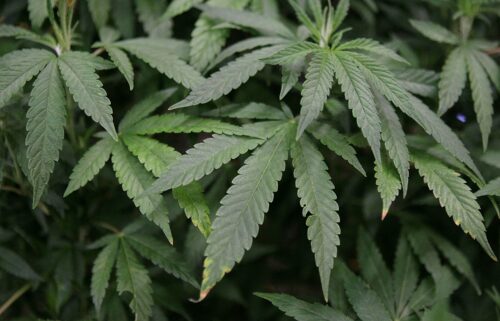Fact-checking Steve Scalise’s claims that Schiff spied on Americans

In response to House Democrats announcing articles of impeachment against President Donald Trump, Republican leaders held their own press conference on Tuesday to criticize what they say has been an unfair impeachment process. At one point, House Minority Whip Rep. Steve Scalise accused Democratic Rep. Adam Schiff of spying on Americans.
Scalise appeared to be referring specifically to the report released last week by the House Intelligence Committee, which Schiff chairs. The report included subpoenaed phone records that showed contacts between the President’s personal attorney Rudy Giuliani, his associate Lev Parnas, California Republican Rep. Devin Nunes, and journalist John Solomon, who was at the time a contributor for The Hill.
While those phone calls were not mentioned in the articles of impeachment, Scalise used the press conference to raise doubts about the Democrats’ process.
“Last week, Adam Schiff — spying on members of the press, subpoenaing phone records of journalists. We don’t know how many,” Scalise said. “I asked (Maryland Democratic Rep.) Steny Hoyer at the colloquy last week, can you tell me how many journalists Adam Schiff was spying on? He couldn’t answer that. How many members of congress is he spying on or other citizens across this country? And they can’t even answer a basic question like that.”
Facts First: There is no evidence Schiff or the House Intelligence Committee spied on anyone, or in any way used improper methods to receive the call records referenced in the report.
In response to Scalise’s questioning in the House, Hoyer admitted his knowledge of the call records was “not very deep” but refuted the premise that Schiff or the committee spied on anybody.
At the House Judiciary Committee’s hearing Monday, Daniel Goldman, who served as Democratic counsel during the House Intelligence Committee hearings, explained the standard practice by which the committee obtained the call records.
“We subpoenaed for call records, multiple numbers… none of members of Congress, none of staff of congress, none of journalists. We only did it to the subjects who were involved in the investigation which is a very routine and standard investigative practice,” Goldman said.
During Monday’s hearing, Georgia Republican Rep. Doug Collins even acknowledged that the subpoenas for call records were appropriate, saying, “You’re not going to hear anything from me about a subpoena and the legality of the subpoena.” Collins’ line of questioning instead focused on what he called the “match game” that led the House Intelligence Committee Democrats to identify Nunes and Solomon.
To clarify the process of identifying who the subpoenaed individuals had contacted, Goldman said, “You pick an event of significance in the investigation and you look for sequencing and patterns surrounding that event. You look then at the numbers and you try to identify what those numbers are. And then you start to build the circumstantial case.”




